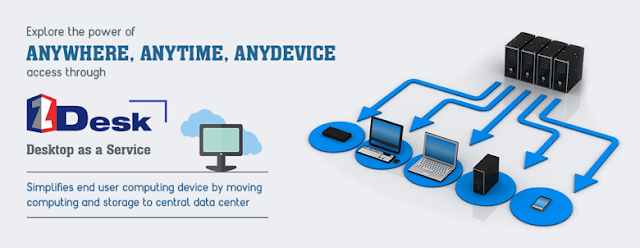NLP in Healthcare Trends and Challenges in 2023
The healthcare industry is currently undergoing a transformation, with the introduction of AIOps platforms and NLP (Natural Language Processing) technologies. These technologies are helping to revolutionize the way healthcare professionals interact with patients, allowing them to provide better care and more accurate diagnoses. As these technologies become more widely adopted, they will bring about a number of challenges and trends in 2023. These include the need for improved data security, increased automation, and the development of new NLP applications that can help healthcare providers make better decisions faster.
Healthcare analytics is largely
based on structured data, such as claims, tests, and demographics. NLP is
emerging as a powerful AI tool for
extracting insights from unstructured data. NLP is being used to gain insights
from clinical notes. It has the potential to revolutionize healthcare analytics
by providing valuable data on disease progression and treatment effectiveness.
NLP holds great promise for healthcare analytics but is still in its early
stages of development. Challenges remain to make it scalable and accurate
enough for real-world applications, but further exploration is warranted.
Healthcare analytics face a major
challenge due to a lack of standardization in data sources, formats, and
terminologies. Solutions can help uncover patient insights hidden in medical
text. NLP can be used to identify patterns and trends in disease outbreaks,
enabling better prevention and containment of the disease. It is immense and
can be used to revolutionize the way we interact with machines. It can be used
to create AI-powered operations platforms (AIOPs) that are capable of
understanding natural language commands and queries. This would enable users to
monitor, diagnose, and troubleshoot their systems more efficiently and
accurately than ever before. AI tools in Healthcare would also help
automate complex tasks such as incident resolution, system monitoring, and
performance optimization. NLP-enabled AIOPs platforms have the potential to
revolutionize the way organizations manage their IT infrastructure.
The
Benefits of NLP
Natural Language Processing (NLP) is
a powerful technology that can enable organizations to process and analyze
large amounts of data in order to gain insights from it. By leveraging NLP,
organizations can automate tasks and make decisions faster, while also
improving accuracy. By using AIOPS tools to integrate NLP into their
workflow, businesses can benefit from increased efficiency and productivity.
AIOPS platforms provide access to advanced algorithms that are capable of
understanding natural language and extracting meaningful information from text.
This helps businesses gain valuable insights into customer behavior, trends in
the market, product performance, and more. Ultimately, these insights can be
used to improve operations and make better decisions for the business as a
whole.
NLP can be used in healthcare
analytics to quickly identify adverse events, helping to improve overall safety
and reduce the risk of medical errors. NLP technology can be used to quickly
and accurately analyze patient records, allowing potential adverse events to be
identified and prevented before they occur. It can help reduce medical errors
by flagging incorrect records or prescriptions, thus reducing the risk of
mistakes.
The
Challenges of NLP
While NLP has many advantages in
healthcare analytics, there are some challenges due to the different dialects
of English used in medical records. This makes it difficult for algorithms to
interpret the content accurately. NLP algorithms face a unique challenge in
accurately interpreting medical records due to the jargon and abbreviations
often used.
The
Future of NLP
NLP is becoming a valuable AIOps
platform in healthcare analytics, specifically for identifying keywords in
medical records. There are many other potential applications that remain
unexplored. NLP is gaining traction in organizations, unlocking countless
possibilities for its use in the future.
Read More: Challenges, Benefits, and Future of NLP in Healthcare




This blog covers the topic with great detail and simplicity, which makes it easy to understand even for someone new. In today’s fast-moving digital era, simply having knowledge is not enough — proper execution is key. Partnering with a professional Digital Marketing Agency ensures that these strategies are implemented effectively with measurable outcomes that drive real business success.
ReplyDelete